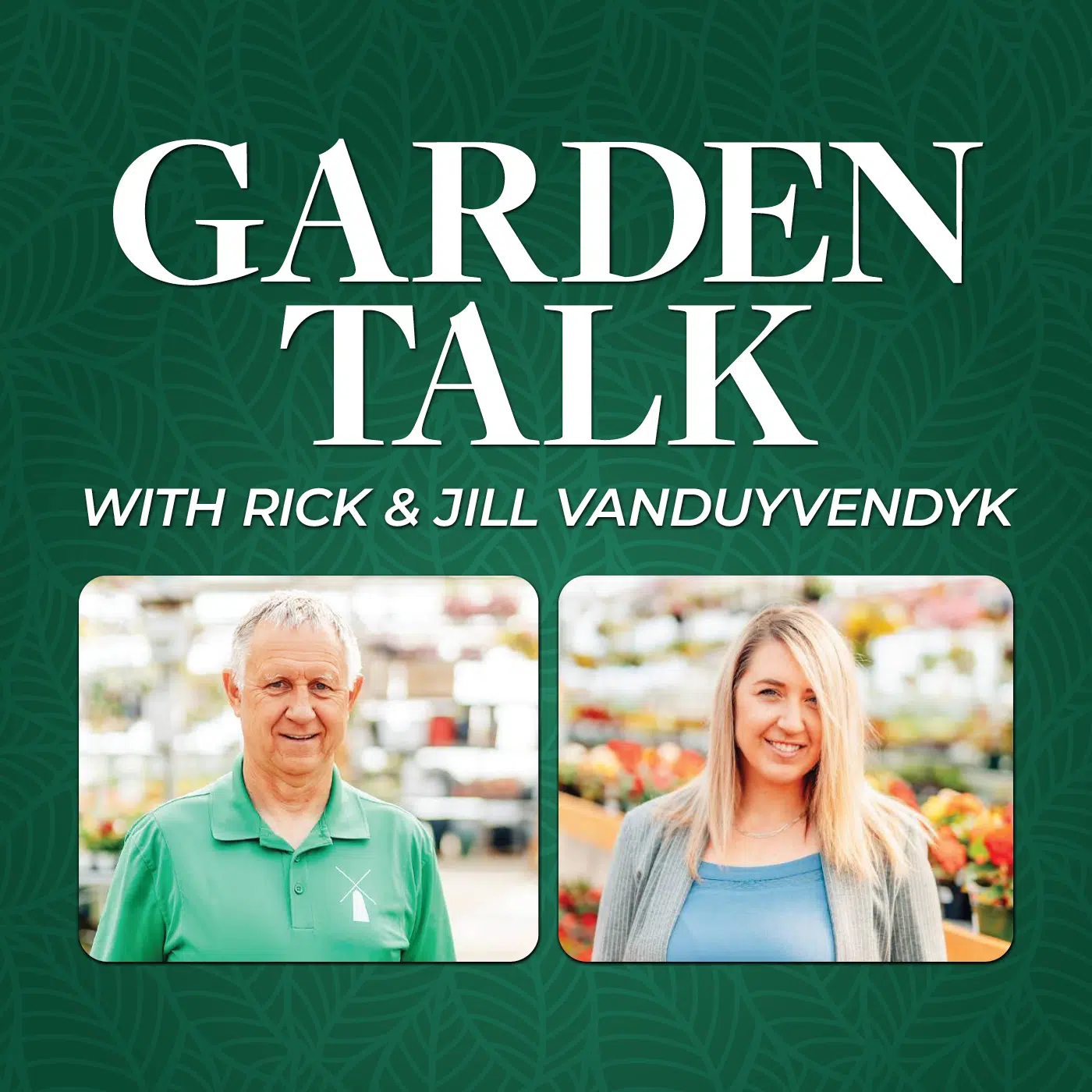WINNIPEG — Manitoba Premier Wab Kinew says work is underway on a bill aimed at protecting provincial elections from foreign interference, forged images and videos, and other issues that could unfairly affect the vote.
“I think there’s a lot of examples that … concern us about having free and fair elections, which to me is one of our most important democratic rights,” Kinew said in a year-end interview with The Canadian Press.
“I’ve seen a draft bill already. We are bringing in legislation, probably in the first (legislature) sitting of 2025, to address a lot of these issues.”
The provincial Elections Act already bans people from disseminating false information about candidates, impersonating election officials and more. Penalties include up to a $10,000 fine and a year in jail.
Manitoba’s chief electoral officer, Shipra Verma, said in a recent annual report that the law should be expanded to also ban objectively false information about election officials, the electoral process, the equipment used in elections and more during the period leading up to an election.
False information about voter eligibility and voter registration processes should also be banned, as well as any forged material that falsely claims to be from a candidate, an election official or a political party, Verma wrote.
Kinew said he is committed to looking at the recommendations, and is concerned about so-called “deepfake” images — pictures or videos that are manipulated to make it look like someone has said or done something they did not.
“We’ve thought about foreign interference. We’ve also thought about artificial intelligence and deepfakes and all the content that’s floating out on the web now and how do we need to grapple with that.”
The NDP government’s plan appears somewhat similar to a bill currently before Parliament, which updates the Canada Elections Act to account for new technology.
If passed into law, the federal bill would clarify that deepfakes are covered under existing measures that ban impersonation and the publication of false statements aimed at affecting elections.
The federal bill would also prohibit contributions in the form of crypto assets, as well as money orders or prepaid gift cards. The aim is to ban contributions that are difficult to trace.
The Ottawa-based advocacy group Democracy Watch has called on the federal government to add more measures to the bill. Among its recommendations is a requirement for third parties such as interest groups to disclose their donors for election-related activities and only spend money raised from Canadian citizens and permanent residents.
This report by The Canadian Press was first published Jan. 2, 2025.
Steve Lambert, The Canadian Press







